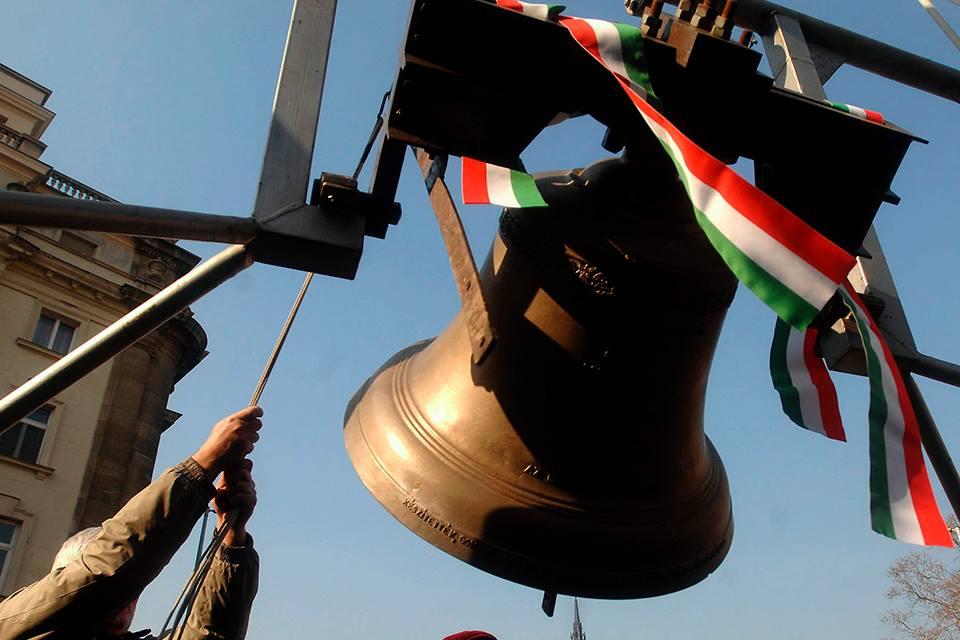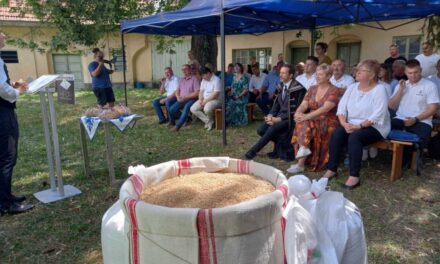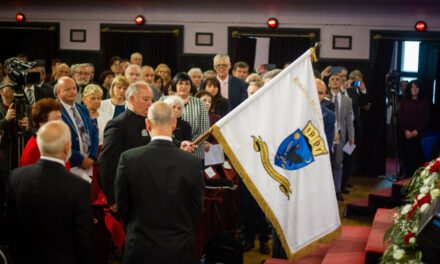With the war, a very critical situation may arise: it is conceivable that the majority of the current 100-120 thousand Transcarpathian Hungarians will relocate to Hungary or Western Europe. Gábor Tóth from sándar.hu talked about the issue with Milán Constantinovits, the professional deputy general director of the Mathias Corvinus Collegium Foundation.
In response to a question, the Deputy Director General said: In the past few weeks, events have taken place in the Subcarpathian region at a rapid pace, despite the fact that there were no war events in the region. The Russian-Ukrainian war naturally also affected the educational program of the Mathias Corvinus Collegium. We have been present in the region for four years, since we started the Young Talent Program in Beregszász, which addresses elementary school students.
In February, another hundred of our students - from all regions of Transcarpathia - studied in the city. In addition to them, of course, we also dealt with high school students, and we also have public leadership training in the region. In recent years, we have developed a fairly intensive presence in Subcarpathia from an education and training point of view, and the conditions for this have now changed rapidly.
Schools were closed indefinitely in Transcarpathia and Ukraine. It's a fact that
the war created an extremely unstable political and public security situation. A significant number of our students and their families fled to Hungary. The Mathias Corvinus Collegium has been working for the past month to map out where its students have ended up so that the families that have been torn apart can find each other.
At the same time as the condition assessment, we also started providing targeted assistance, supporting all Transcarpathian families affected by MCC with a financial donation. It was important to provide the children with psychological background support. Even if we cannot restore the state of mind that in peacetime is suitable for a person to accept new knowledge, to become susceptible to talent development, we will do everything we can to create stability.
We will do everything we can, but future events will decide what fate the major political situation will have for Ukraine. It is not yet known when we will be able to return to face-to-face teaching. We are very confident that this can happen in a short time, as this unstable state cannot last indefinitely.
Apart from the war, it was a serious challenge in Subcarpathia to ensure that young Hungarians look for the opportunity to prosper in their homeland, as the entire region is characterized by extremely poor financial conditions. On the Ukrainian side, the nationalities were also subjected to many atrocities, including the Transcarpathian Hungarian communities.
Even without a war, emigration was a serious problem for Transcarpathian Hungarians. It can be said that the Hungarian community has been balancing on the edge of viability until now: mainly in the small settlements and scattered villages where there was no central holding force, where there was no central community organization.
A very critical situation can arise with the war:
it is conceivable that the majority of the current 100-120 thousand Transcarpathian Hungarians will move to Hungary or Western Europe.
Whether the Transcarpathian Hungarians can be lured back, or whether they ever want to return to their homeland, is a longer-term question. What is certain is that we must strengthen the local community in the present and provide assistance in this crisis situation as well.
Source, full article: vasarnap.hu/Gábor Tóth
Featured image: karpatalja.hu/illustráció













